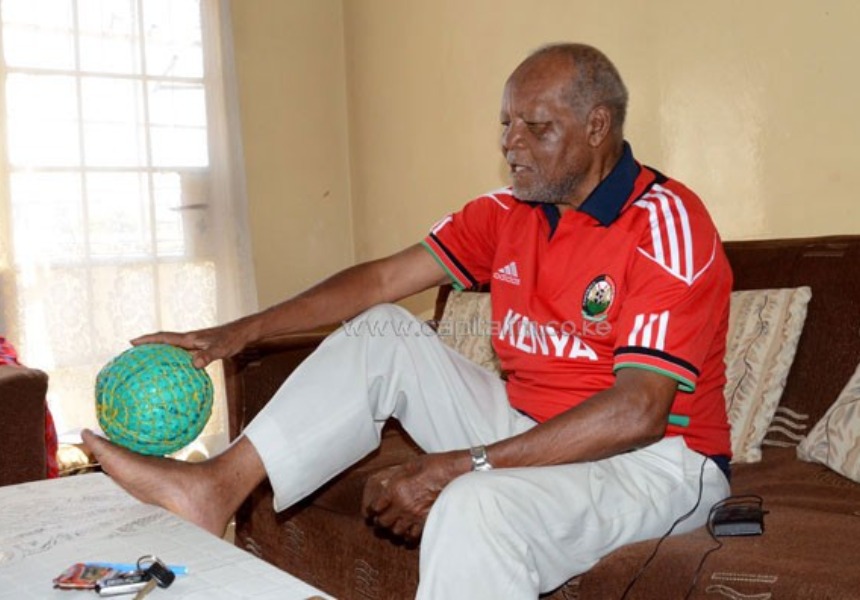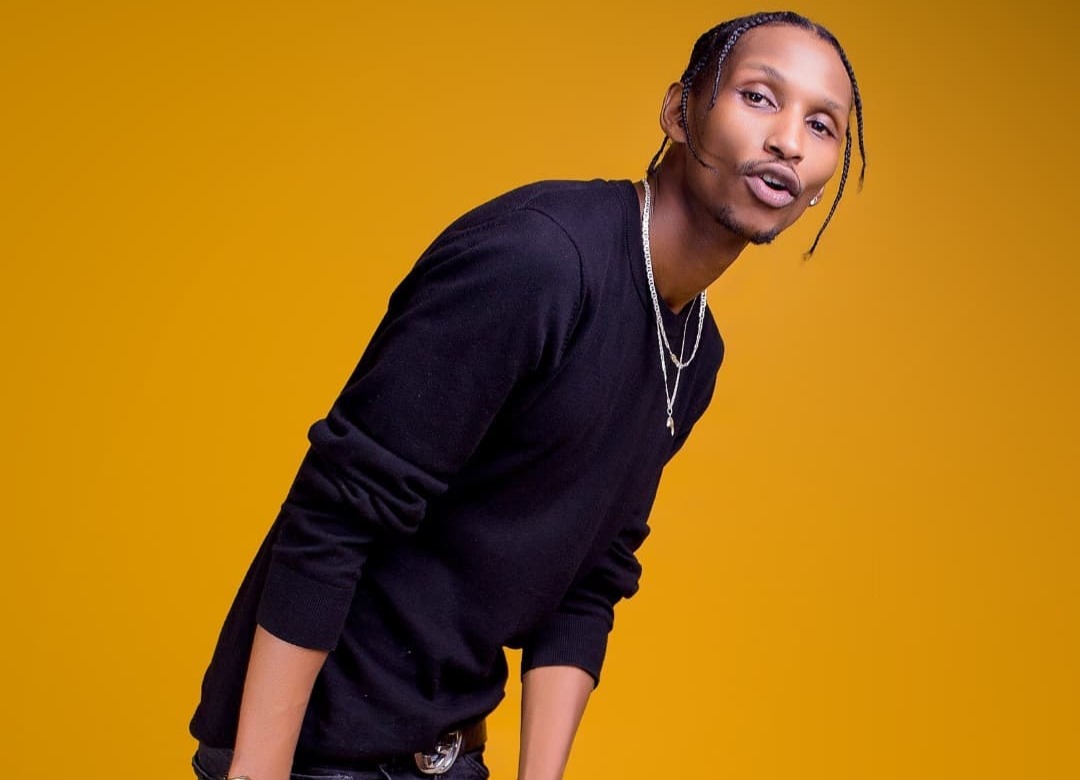Hip-hop in Africa has come a long way since its inception in the 1970s, and it has grown to become one of the most popular and influential music genres on the continent.
Today, hip-hop artistes from Africa are significantly impacting the global music scene and are starting to challenge Western dominance in the industry.
In this article, we will explore the state of hip-hop in Africa and how it has evolved over the years.
The origins of hip-hop in Africa can be traced back to the 1970s, when the genre was first introduced to the continent through American movies, music, and culture.
The early hip-hop scene in Africa was heavily influenced by American culture, and many artists emulated the styles and sounds of their American counterparts. However, as the genre began to evolve and grow, African artistes started to develop their own unique styles and sounds, which reflected the cultural and social realities of the continent.
In the 1980s and 1990s, hip-hop in Africa started to gain more mainstream acceptance, and it began to be seen as a powerful tool for social and political change.
Artistes began to use their music to address issues such as poverty, inequality, and political corruption, and they often used their music as a means of expressing their frustrations with the status quo.
This period was marked by the emergence of socially conscious hip-hop artists such as Positive Black Soul from Senegal, and Kalamashaka from Kenya.
The 21st century, has seen hip-hop in Africa reach new heights of popularity and success.
Today, hip-hop artistes from Africa are significantly impacting the global music scene and are starting to challenge Western dominance in the industry. African hip-hop has become a powerful cultural force, and it is now one of the most popular and influential music genres on the continent.
In South Africa, the hip-hop scene has grown exponentially in recent years, with many artists achieving mainstream success and international recognition.
South African hip-hop artistes such as Cassper Nyovest, AKA, Nasty C, Riky Rick(God rest his soul), and Gigi Lamayne have become household names, and they are known for their unique styles and ability to connect with their audiences.
Their music often reflects the cultural and social realities of the country and addresses issues such as poverty, inequality, and political corruption.
In Nigeria, the hip-hop scene has also grown exponentially, with many artists achieving mainstream success and international recognition.
Nigerian hip-hop artistes such as M.I Abaga, Falz, and Olamide are known for their unique styles and ability to connect with their audiences.
In Kenya, the hip-hop scene has also grown exponentially, with many artists achieving mainstream success and international recognition.
Kenyan hip-hop artists such as Khaligraph Jones, Octopizzo, and King Kaka are known for their unique styles and ability to connect with their audiences. Their music often reflects the cultural and social realities of the country and addresses issues such as poverty, inequality, and political corruption.
In other countries like Ghana, Tanzania, and Senegal, hip-hop has grown exponentially, and many artists are achieving mainstream success and international recognition.
African hip-hop is not just about making music, it’s about creating a culture, a movement, and a change.
Hip-hop artists in Africa use their music as a means of expressing their frustrations with the status quo, and they often use their music as a means of promoting social and political change.
They are using their music to raise awareness about important issues, and they are using their music to inspire and empower young people.




